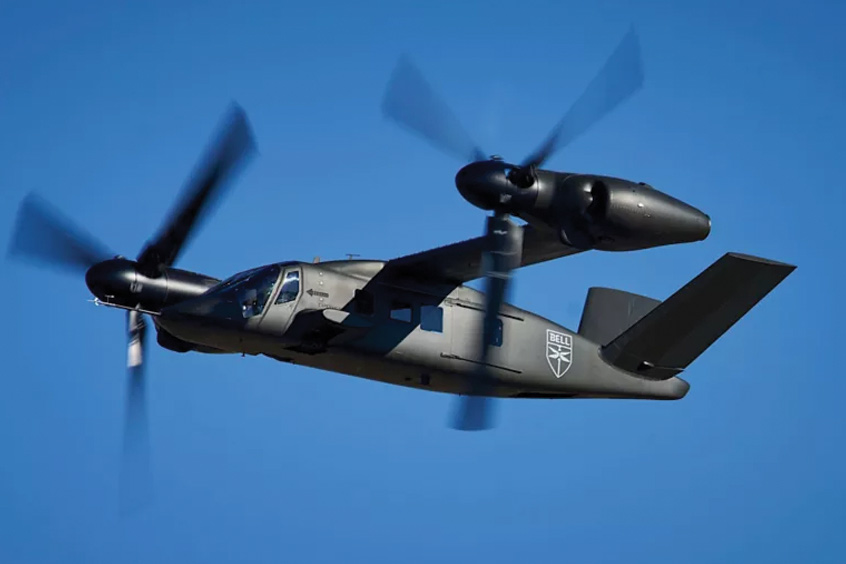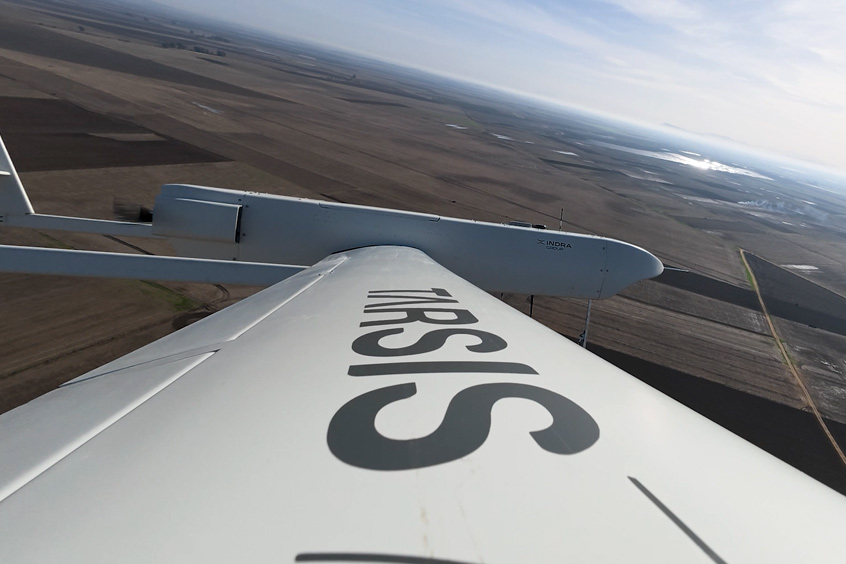Propelling their mission towards delivering airlines zero-carbon, hydrogen-fueled flight, ZeroAvia is launching the development program for a 2MW hydrogen-electric powertrain for full-size regional aircraft. The program kick-off is supported by a new raise of $24.3 million, led by Horizons Ventures, joined by a new investor British Airways. Existing investors Breakthrough Energy Ventures, Ecosystem Integrity Fund, Summa Equity, Shell Ventures, and SYSTEMIQ also participated in the financing. This new round accelerates the larger hydrogen-electric engine development for the 50+ seat aircraft and supports additional commercial airlines initiatives to adopt hydrogen in aviation. The announcement brings the company's total private investment to over $53 million and the total funding raised since inception to nearly $74 million.
This latest funding follows the announcement in December that the UK Government – through the Department for Business Energy & Industrial Strategy (BEIS), the Aerospace Technology Institute (ATI), and Innovate UK – had awarded a £12.3m grant ($16.3m) to deliver a breakthrough 19-seat hydrogen-electric powered aircraft that is market-ready by 2023. The company announced its $21.4 million Series A funding round at the same time, accelerating its 600kW development program scheduled for commercial entry in 2024.
Val Miftakhov, CEO and founder of ZeroAvia, says, "This new funding, in conjunction with our other recent milestones, will significantly accelerate our path to zero-emission solutions for larger regional aircraft at a commercial scale. With many airlines lining up and ready to make the shift to zero-emissions, we expect to see wide-scale adoption of this technology. We are extremely grateful for our investors who are helping to speed up our progress and ultimately the aviation industry's adoption of zero-emission flight."
ZeroAvia expects to achieve commercialisation for its hydrogen-electric powertrain as early as 2024. Its hydrogen aviation solutions will address various markets by initially targeting a 500-mile range in 10-20 seat aircraft used for commercial passenger transport, package delivery, agriculture, and beyond. Accelerated by this new capital infusion, ZeroAvia will also target entering the 50+ seat commercial aircraft segment by 2026.
Patrick Poon from Horizons Ventures, says, "Flying on jet fuel comes with an environmental cost, and finding an alternative for the aviation industry is vital. We believe ZeroAvia offers a real and practical solution for the aviation market to move towards cleaner options."
The round will also further derisk the company vision of powering a 100-seat single-aisle aircraft by 2030. ZeroAvia's achievements to date are the first steps in realising the near-term transition from fossil fuels to zero-emission hydrogen as the primary source for commercial aviation.
Sean Doyle, British Airways' CEO, says, "Innovative zero-emissions technology is advancing fast, and we support the development of hydrogen as an alternative fuel source because we believe it has the potential to enable us to reach true zero emissions on short-haul routes by 2050. There is a huge amount of energy and excitement building around the possibilities of a zero-emissions future for aviation, and while there is no single solution to this challenge, we acknowledge the need for urgent action to tackle the impact flying currently has on our planet and are making progress on our journey to net zero."
| Contact details from our directory: | |
| ZeroAvia, Inc | Airborne Electrical Power Supplies, Electric Engines, Electric Power Controllers, Fuel Cells, Testing Services |
| Related directory sectors: |
| Electrical Power Systems |
| Electrical Components |
Weekly news by email:
See the latest Bulletin, and sign up free‑of‑charge for future editions.

Honeywell supplies LED landing search light for MV-75

Indra advances UAV collision avoidance with 360-degree detection trials

Northrop Grumman delivers 1,500th F-35 centre fuselage from Palmdale
Kratos expands in Birmingham with systems integration facility